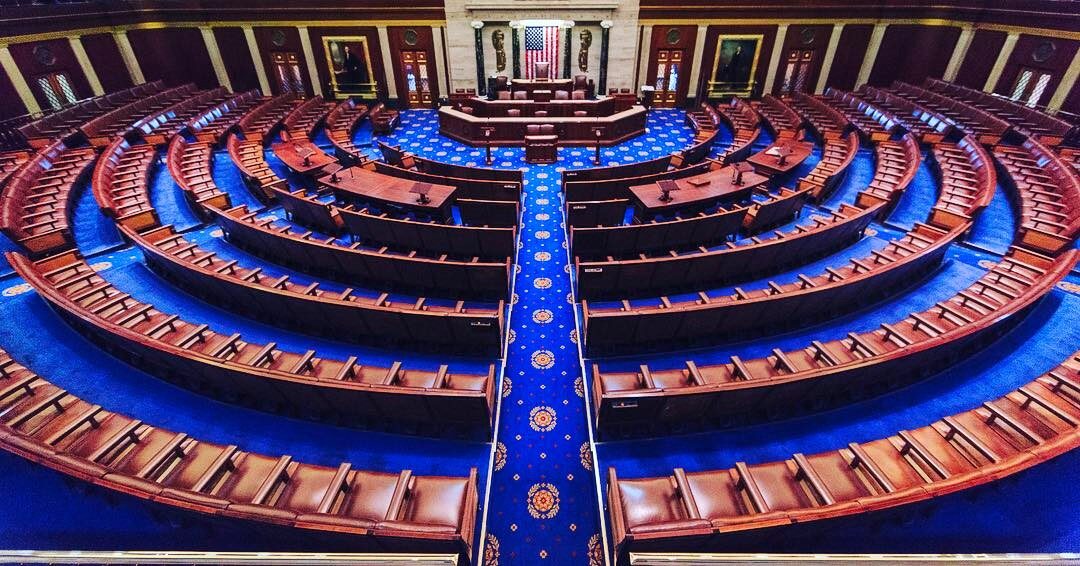The U.S. Senate Committee on Energy and Natural Resources has today introduced a bill designed to boost the deployment of storage technologies across the country.
The Energy Storage Tax Incentive and Deployment Act is a bipartisan bill that has established investment tax credits (ITCs) for residential and commercial use of stored energy.
The introduction of the bill could potentially help propel storage to the heights enjoyed by the U.S. solar sector, which has recently been boosted by an extension to its own ITC, which currently delivers a 30% tax credit for clean energy projects.
U.S. Senator Martin Heinrich pushed through the bill, which has been modeled on the current ITC for solar energy and will be eligible for storage systems larger than 3kWh for residential (battery only) and 5 kWh for commercial properties, including behind-the-meter batteries, grid-connected energy storage systems and other technologies such as pumped hydro, thermal energy and flywheels.
The details of this new bill clarify that consumer-owned storage systems, whether on or off grid, will be eligible for the ITC at the same credit currently available for solar energy. The same rule applies for C&I storage systems.
The aim, according to Heinrich, is for the ITC to open up greater competition for storage markets nationwide, and builds upon state-level storage support programs already introduced, most notably California’s Self Generation Incentive Program (SGIP).
“This bipartisan bill will ensure federal policy supports the integration of emerging storage technologies into our nation’s energy grid,” said Senator Heinrich. “Grid-scale energy storage will bolster system resilience during emergencies and outages, provide reliable supplemental services to the grid, and displace new investment in expensive substations and transmission lines.”
The Senator added that the continuation of the impressive price reductions seen in the storage space over the last few years will help steer new electrical generation “consistently in the direction of clean, pollution-free power.”
Senator Angus King, who also co-sponsored the bill, remarked that the ITC will play an important role in encouraging storage innovation and supporting the growth of the industry – growth that is expected to be driven by further cost reduction, particularly at commercial scale, over the next five years.
This content is protected by copyright and may not be reused. If you want to cooperate with us and would like to reuse some of our content, please contact: editors@pv-magazine.com.








1 comment
By submitting this form you agree to pv magazine using your data for the purposes of publishing your comment.
Your personal data will only be disclosed or otherwise transmitted to third parties for the purposes of spam filtering or if this is necessary for technical maintenance of the website. Any other transfer to third parties will not take place unless this is justified on the basis of applicable data protection regulations or if pv magazine is legally obliged to do so.
You may revoke this consent at any time with effect for the future, in which case your personal data will be deleted immediately. Otherwise, your data will be deleted if pv magazine has processed your request or the purpose of data storage is fulfilled.
Further information on data privacy can be found in our Data Protection Policy.